The field of climate change and environmental management has its own lexicon, which can be confusing to non-specialists. Below, we’ve provided a glossary of terms relevant to business managers.
| Adaptation (to climate change) | Adaptation is a response to climate change that seeks to reduce the vulnerability of business, social and biological systems to climate change effects. |
| Anthropogenic climate change | Recent global warming is attributed to human-induced changes in the concentration of greenhouse gases due to the burning of fossil fuels, land clearing / deforestation, and a range of industrial activities |
| Mitigation (of climate change) | Climate change mitigation are actions to limit the magnitude and/or rate of long-term climate change, including reducing greenhouse gas emissions. |
| Ecological footprint | A measure of human demand on the Earth's ecosystems |
| Fossil fuel | Fuels sourced from geological deposits of coal, oil and natural gas |
| Global Warming | Refers to the recent and continuing rise in the average temperature of Earth's climate system |
| Global Warming Potential (GWP) | A relative measure of how much heat a greenhouse gas traps in the atmosphere. |
| Greenhouse gas (GHG) | A gas in an atmosphere that absorbs and emits radiation within the thermal infrared range, causing heat from the sun to be trapped and re-radiated towards the earth's surface, resulting in an elevation of the average surface temperature |
| ISO 14000 Standards for Environmental Management | A family of standards related to environmental management that exists to help organizations (a) minimize how their operations (processes, etc.) negatively affect the environment (i.e., cause adverse changes to air, water, or land); (b) comply with applicable laws, regulations, and other environmentally oriented requirements, and (c) continually improve in the above |
| ISO 14064 Standard for Measurement of Greenhouse Gases | Provides governments, businesses, regions and other organisations with a complimentary set of tools for programs to quantify, monitor, report and verify greenhouse gas emissions. |
| ISO 31000 Standard for Risk Management | Provides generic guidelines for the design, implementation and maintenance of risk management processes throughout an organization |
| Life-cycle assessment (LCA) | A technique to assess environmental impacts associated with all the stages of a product's life from-cradle-to-grave(i.e., from raw material extraction through materials processing, manufacture, distribution, use, repair and maintenance, and disposal or recycling). |
| Task Force for Climate-related Financial Disclosures (TCFD) | A global initiative of the Climate Disclosure Standards Board, Sustainability Accounting Standards Board and Financial Stability Board, TCFD provides a framework to ensure consistent, comparable and useful disclosures. |




